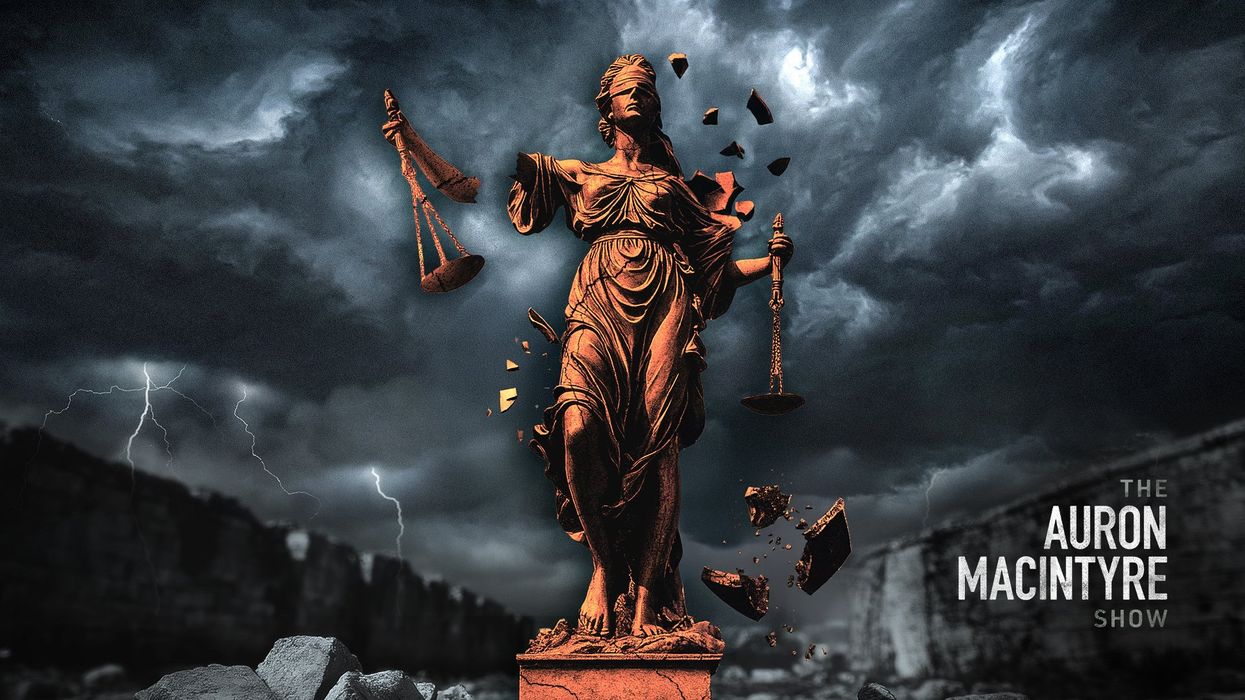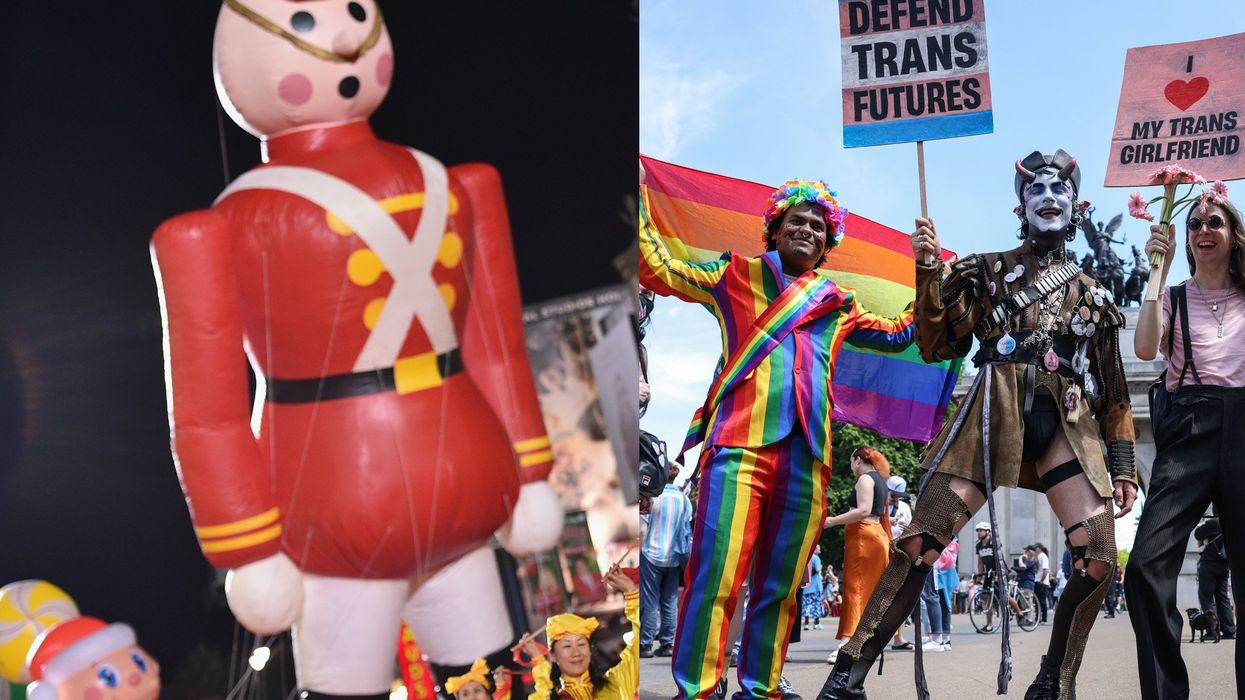
President Barack Obama speaks to members of the media during his last news conference of the year in the Brady Press Briefing Room at the White House December 19, 2014 in Washington, DC. President Obama faced questions on various topics including the changing of Cuba policy, the computer hack of Sony by North Korea, his executive action on immigration and his plan on working with a Republican majority Congress.
Credit
Chip Somodevilla/Getty Images
Credit
Chip Somodevilla/Getty Images



